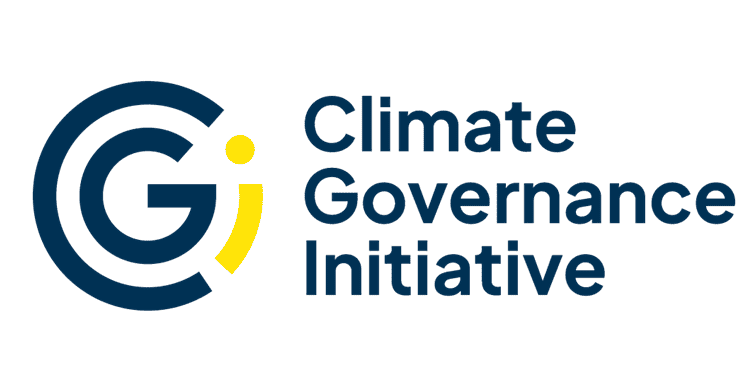
Climate change poses an existential risk to humanity, the planet and the global economy on a scale never before seen. The 196 parties to the Paris Agreement have agreed to take action to limit the increase in the global average temperature to well below 2°C above pre-industrial levels and pursue efforts to limit the temperature increase to 1.5°C above pre-industrial levels. These unprecedented commitments were then further reinforced with the signing of the Glasgow Pact at COP26 in November 2021 following the release of the IPCC’s Sixth Assessment Report, which warned of the need to lift ambition even further within the next decade.
The IPCC has concluded that the worst effects of climate change will be limited by keeping global average temperature rise below 1.5°C. To limit global warming to 1.5°C, greenhouse gas emissions must peak before 2025 at the latest and decline 43% by 2030. To meet this goal, economic activity to achieve net-zero greenhouse gas emissions by 2050 or earlier, with clear interim milestones in 2040 and 2030.
Research by the World Meteorological Organisation has indicated that the world is likely to breach the 1.5°C target within the next 5 years, on at least a temporary basis. This may lead to increased physical and transitions risks for companies, as the threats of a warming planet become increasingly evident.
The new economic and geographical world in which companies are finding, and will continue to find themselves, will require a wholesale shift in how companies are governed: for board directors, it means placing the climate transition at the heart of corporate strategy, ensuring that board decision-making processes properly embed climate considerations, and that boards drive a marked cultural change across their organisations.
However, despite a growing awareness of the scale and urgency of the climate crisis, far too few directors possess the specific interdisciplinary skills necessary to effect this wholesale change of culture and behaviour. It is for this very reason that the Climate Governance Initiative (CGI) came into being: in 2019, the World Economic Forum unveiled the Principles for Effective Climate Governance (the CGI Principles), a comprehensive set of guidance principles that lay out best practice for boards and their directors in respect of the climate. To facilitate their promotion and implementation, local CGI “Chapters” have been set up around the world to serve as centres of expertise and venues for directors to exchange with each other as well as with a wide range of subject matter experts.


The first of these eight CGI Principles, entitled ‘Climate accountability on boards’, concerns an issue that has frequently stood in the way of board directors factoring climate concerns into their decisions: how their legal duties and obligations apply in the context of the now-universal recognition of the extreme threat that climate change poses to the global economy and therefore to individual businesses. Too often, boards are concerned that “leaving profitable business on the table”, or acting according to “how we wish the world to be, rather than how it is” will place them in breach of their legal obligations to shareholders, or worse, result in litigation or removal. This Primer, now in its third edition, tackles precisely this issue, and provides a succinct, easily accessible summary that non-lawyers who serve on boards can readily understand and act on. It will serve as a valuable resource to the global network of CGI Chapters, and enable directors around the world to act in a fully-informed manner on their legal obligations as they confront this historic challenge.
The Climate Governance Initiative currently has 28 active Chapters in Australia, Brazil, Brussels, Canada, Central America and the Caribbean, Chile, Egypt, France, Germany, Greece, Hong Kong, Ireland, Italy, Malaysia, Mexico, the Netherlands, the Nordic region, New Zealand, Poland, Romania, Singapore, Slovenia, Switzerland, Turkiye, Ukraine & Caucasus, the United Kingdom, the United States and Uzbekistan. Additional Chapters in Europe, Africa and the Middle East are currently in formation.
This Primer would not be possible without the deep expertise of the Commonwealth Climate and Law Initiative and our many contributing legal experts, or the support with the World Economic Forum, to which I extend our deepest thanks on behalf of the CGI Governing Board and Secretariat.
Julie Baddeley
Chair, Climate Governance Initiative
 |  |
